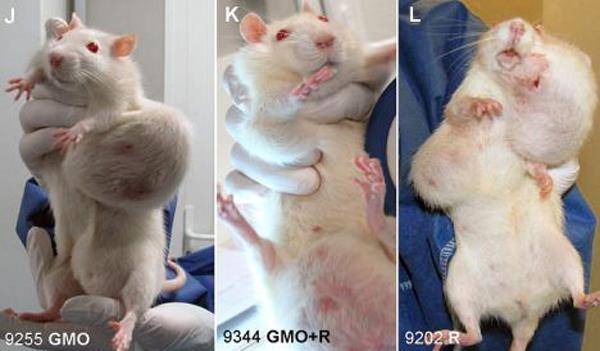If we experienced a disaster, how prepared are you? Do you have a kit bag that contains the vital necessities to sustain life for a week if you had to bolt and run?
This morning I was talking to Rick, the former owner of an emergency kit business. He has an instrument that measures the amount of background radiation in his environment. The conversation turned to the nuclear disaster at Fukashima. He told me that since then the background radiation has risen from a reading of .008 to an average of .2, sometimes peaking at .5 and this is in Australia!









